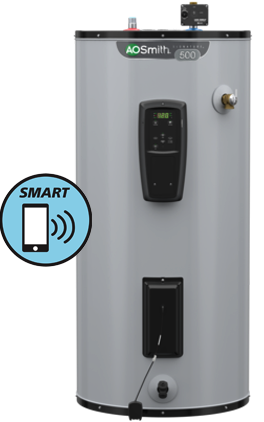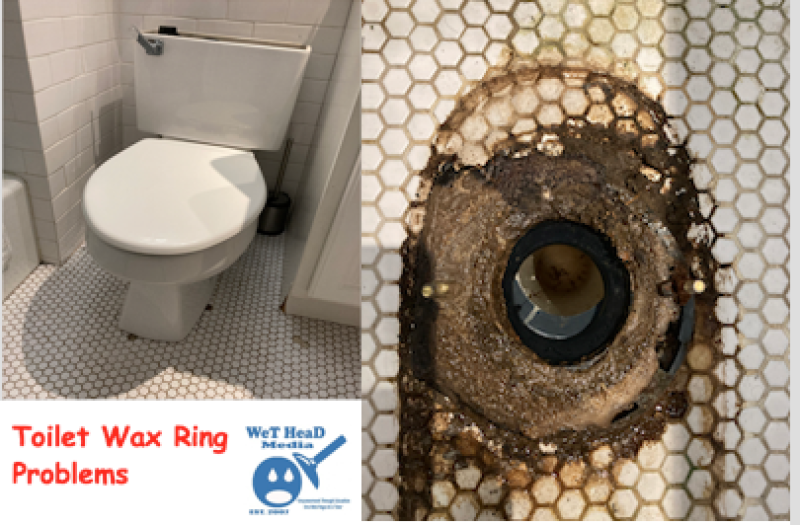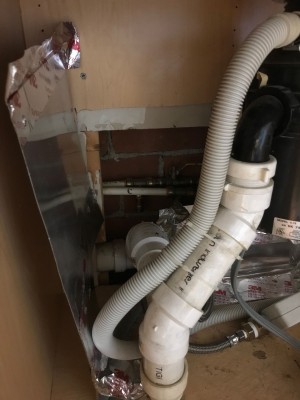Bosch Aquastar 2400ES Water Heater Troubleshooting
 If you have a Bosch Aquastar 2400 ES Tankless Water Heater in your home and it is malfunctioning you might be considering hiring a contractor to fix it. Put that thought to rest and use this troubleshooting guide as a resource to help you save money during these tough times. You may think that you need to be certified to perform repairs on your water heater, but rest assured that many of the repairs listed below can be fixed by the average homeowner. This article covers anything from temperature fluctuations to ignition problems. If you think that there might be anything hindering you from doing these repairs in a safe manner then I would advise you to consult a professional.
If you have a Bosch Aquastar 2400 ES Tankless Water Heater in your home and it is malfunctioning you might be considering hiring a contractor to fix it. Put that thought to rest and use this troubleshooting guide as a resource to help you save money during these tough times. You may think that you need to be certified to perform repairs on your water heater, but rest assured that many of the repairs listed below can be fixed by the average homeowner. This article covers anything from temperature fluctuations to ignition problems. If you think that there might be anything hindering you from doing these repairs in a safe manner then I would advise you to consult a professional.
PROBLEM: Low water pressure.
SOLUTION: This unit can only handle a certain amount of activity at one time, make sure there are no more than 2 shower heads (set for 2-2.5 GPM) or sinks running at the same time. If you are within those guidelines make sure the gas pressure is at the correct level. If the reading is too low the motorized water valve will close which weakens the hot water pressure, this also happens when the temperature is set too high. Be sure that the inlet filter screen is clean and that there are no blockages in any of the internal or external water connections.
PROBLEM: Water is too hot.
SOLUTION: If the temperature knob is all the way up, first try turning that down. Make sure the inlet filter screen is clean and that there are no obvious blockages in any of the water paths, which might cause the temperature to increase. Also make sure that all your external fixtures (such as shower heads and faucets) are clean and that they are pressured correctly. Check to see if the outlet temperature sensor is properly connected to the hot water pipe. If all these things are intact you may have a problem with high mineral deposits in your pipes, which could require de-scaling.
PROBLEM: Water is not hot enough.
SOLUTION: Make sure the temperature knob is turned up all the way and that the inlet gas particle screen (on the bottom of the unit) as well as all other internal and external connections are clean and clear of obstructions. Take a gas pressure reading to ensure that it is at the correct level. Another thing you can do is to check to see if you have a plumbing crossover. In order to test for this you’ll need to: shut off the cold water supply and disconnect the hot water connection. Then you can open every hot water tap, wait 10 minutes and see if there is water flowing still. If there is it means you have a plumbing crossover, which could be due to a malfunctioning valve or faucet lever.
PROBLEM: Loud noise from burner or heater.
SOLUTION: The first thing you should check is the exhaust vent which needs to be sealed with the correct gasket, be sure that the combustion cover is on tight. Another reason for noise is because of lack of ventilation, if the pipes are too big, too long or not sealed correctly it can cause the burner flames to make extra noise. You also need to make sure that there is enough combustion air coming into the unit. If the room is too small or the piping configuration is not right it will cause the heater to make noise. Lastly, if the gas pressure is too low or you have cross contamination of intake and exhaust your hot water heater will run loudly.
PROBLEM: Burner doesn’t ignite when hot water is on.
SOLUTION: Make sure the fuses on the control board and wire connections for the water valve, control unit and electrode set are working correctly first and foremost. Next check that the cold water supply connection is attached to the right side of the water heater. Make sure the inlet filter screen is clean and that there are no blockages in any of the pipes or connections. Remember that your water heater will need a minimum of 0.65 gallons per minute to function properly.
PROBLEM: Hot water temperature varies at the tap.
SOLUTION: If the pressure is too low or if the water lines are blocked it creates a lack of balance that causes the temperature to fluctuate. The hot water becomes overwhelmed by the cold water supply, which in turn makes the burners shut down due to low pressure. If there is a temperature imbalance you might need to adjust the hot or cold-water valves to create the appropriate mixture. Be sure that the pressure in your tank is no lower than 40-60 PSI.



